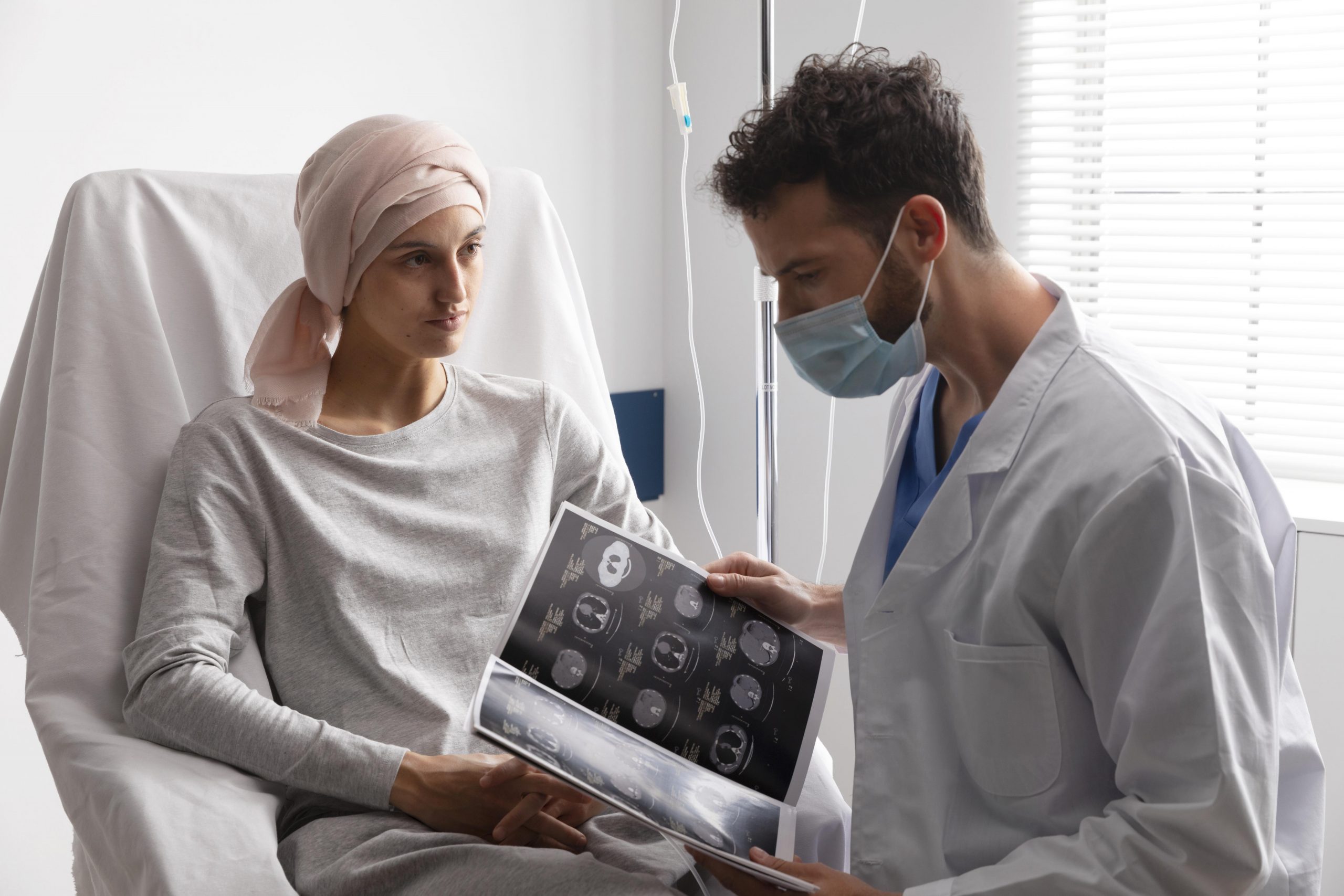
Empowering Cancer Prevention: The Importance of Regular Screenings for Indian Patients
Introduction: Why Cancer Screenings Are Essential
Cancer screenings detect cancer in its early stages, often before symptoms appear. Early detection increases the chances of successful treatment. By scheduling regular screenings, you can take an important step toward protecting your health.
Types of Cancer Screenings
Healthcare providers recommend different cancer screenings based on age, gender, and individual risks. Below are common screening types:
- Breast Cancer Screenings: Doctors use mammograms and clinical breast exams to detect breast cancer early.
- Cervical Cancer Screenings: Pap tests and HPV tests identify cervical cancer before it progresses.
- Colorectal Cancer Screenings: Colonoscopies, sigmoidoscopies, and stool tests help find colorectal cancer in its early stages.
- Lung Cancer Screenings: Providers suggest LDCT scans for people at high risk for lung cancer.
Frequency of Screenings
Doctors base the frequency of cancer screenings on the type of screening and individual risk factors:
- Mammograms: Women aged 40 and older usually undergo them every 1–2 years.
- Colonoscopies: Doctors typically recommend them every 10 years starting at age 50.
- Cervical Screenings: Women usually receive Pap smears every 3–5 years, depending on age and medical history.
Where to Access Screenings
You can access cancer screenings at clinics, hospitals, and doctor’s offices. Speak with your healthcare provider to find the best screenings for your needs and identify trusted facilities.
The Importance of Cancer Screenings
Cancer screenings help identify cancer early, which greatly improves the chances of successful treatment. By catching the disease in its initial stages, you can receive timely medical care that increases survival rates and ensures better health outcomes.
Guidance for Indian Patients
Indian patients can take several proactive steps to reduce cancer risks and ensure early detection:
- Consult Your Doctor: Discuss your health history to create a personalized screening plan.
- Explore Affordable Options: Many government and NGO programs in India provide free or low-cost cancer screenings.
- Stay Informed: Learn about the screenings available and ask your doctor any questions.
In Conclusion
You can reduce your cancer risk by prioritizing regular screenings. Consult your doctor, stay informed, and take control of your health. Early detection saves lives.
For More Information Click here


